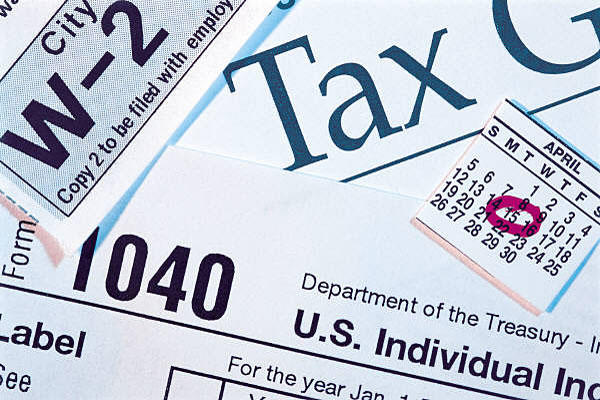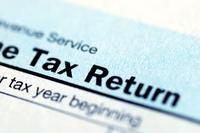You can save on your income taxes by claiming your education expenses.
You may be able to claim a lifetime learning credit of up to $2,000 for qualified education expenses paid for all eligible students. There is no limit on the number of years the lifetime learning credit can be claimed for each student.
A tax credit reduces the amount of income tax you may have to pay. Unlike a deduction, which reduces the amount of income subject to tax, a credit directly reduces the tax itself. The lifetime learning credit is a nonrefundable credit. This means that it can reduce your tax to zero, but if the credit is more than your tax the excess won't be refunded to you.
Lifetime Learning Credit Requirements
Generally, you can claim the lifetime learning credit if all three of the following requirements are met.
-
You pay qualified education expenses of higher education.
-
You pay the education expenses for an eligible student.
-
The eligible student is either yourself, your spouse, or a dependent for whom you claim an exemption on your tax return.
You can't claim the lifetime learning credit if any of the following apply.
-
Your filing status is married filing separately.
-
You are listed as a dependent on another person's tax return (such as your parents').
-
Your modified adjusted gross income (MAGI) is $65,000 or more ($131,000 or more if filing married filing jointly).
You can't claim the lifetime learning credit if you claim either the American Opportunity Credit of the Tuition and Fees Deduction
What Expenses Qualify For The Lifetime Learning Credit?
Student activity fees and expenses for course-related books, supplies, and equipment are included in qualified education expenses only if the fees and expenses must be paid for enrollment or attendance.
The lifetime learning credit is based on qualified education expenses you pay for yourself, your spouse, or a dependent for whom you claim an exemption on your tax return. Generally, the credit is allowed for qualified education expenses paid in 2017 for an academic period beginning in 2017 or in the first 3 months of 2018.
For example, if you paid $1,500 in December 2017 for qualified tuition for the spring 2018 semester beginning in January 2018, you may be able to use that $1,500 in figuring your 2017 credit.
Lifetime Learning Credit and the GI Bill
If you, or a dependent get the GI Bill for school enrollment you can only claim the Lifetime Learning Credit for expenses that weren't covered by the GI Bill.





